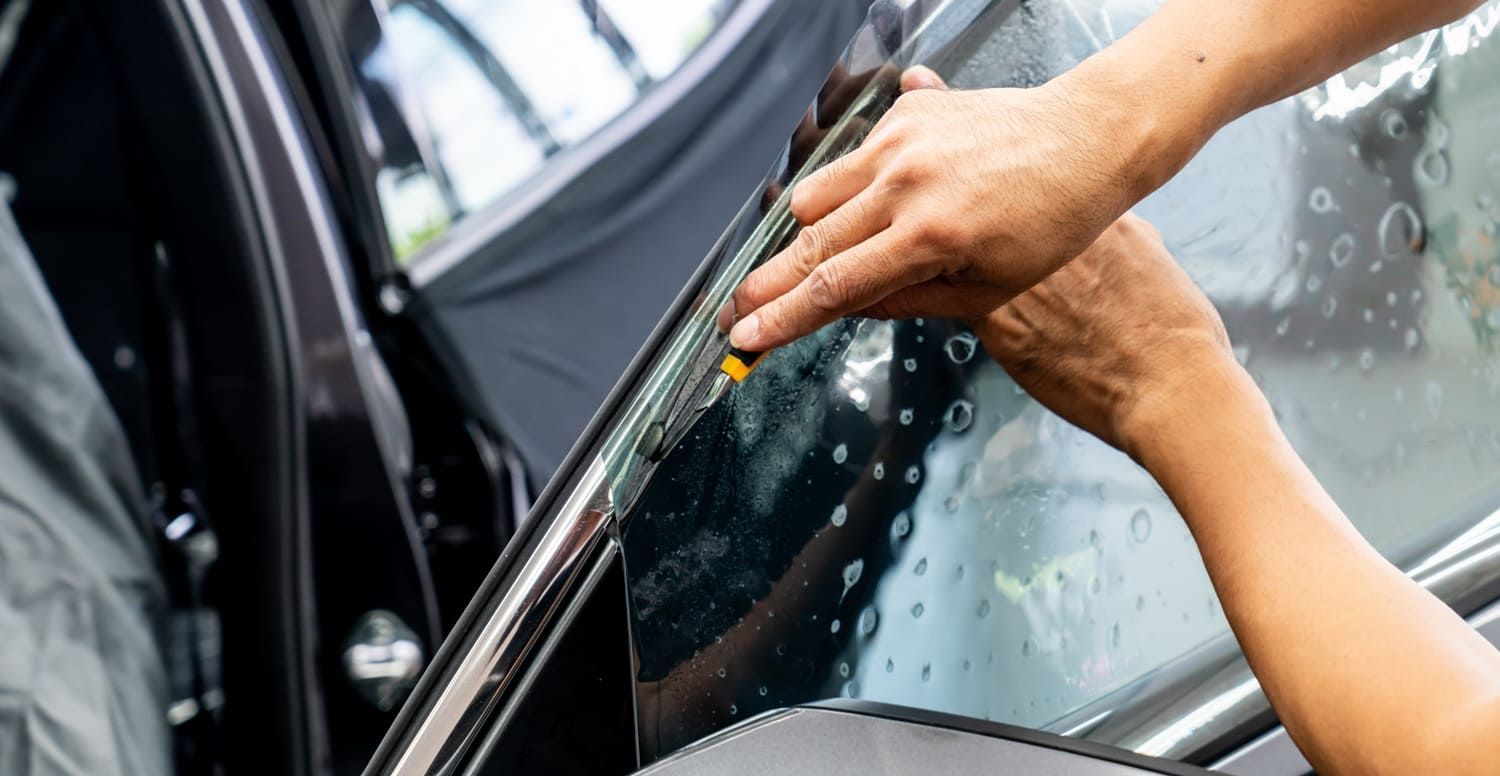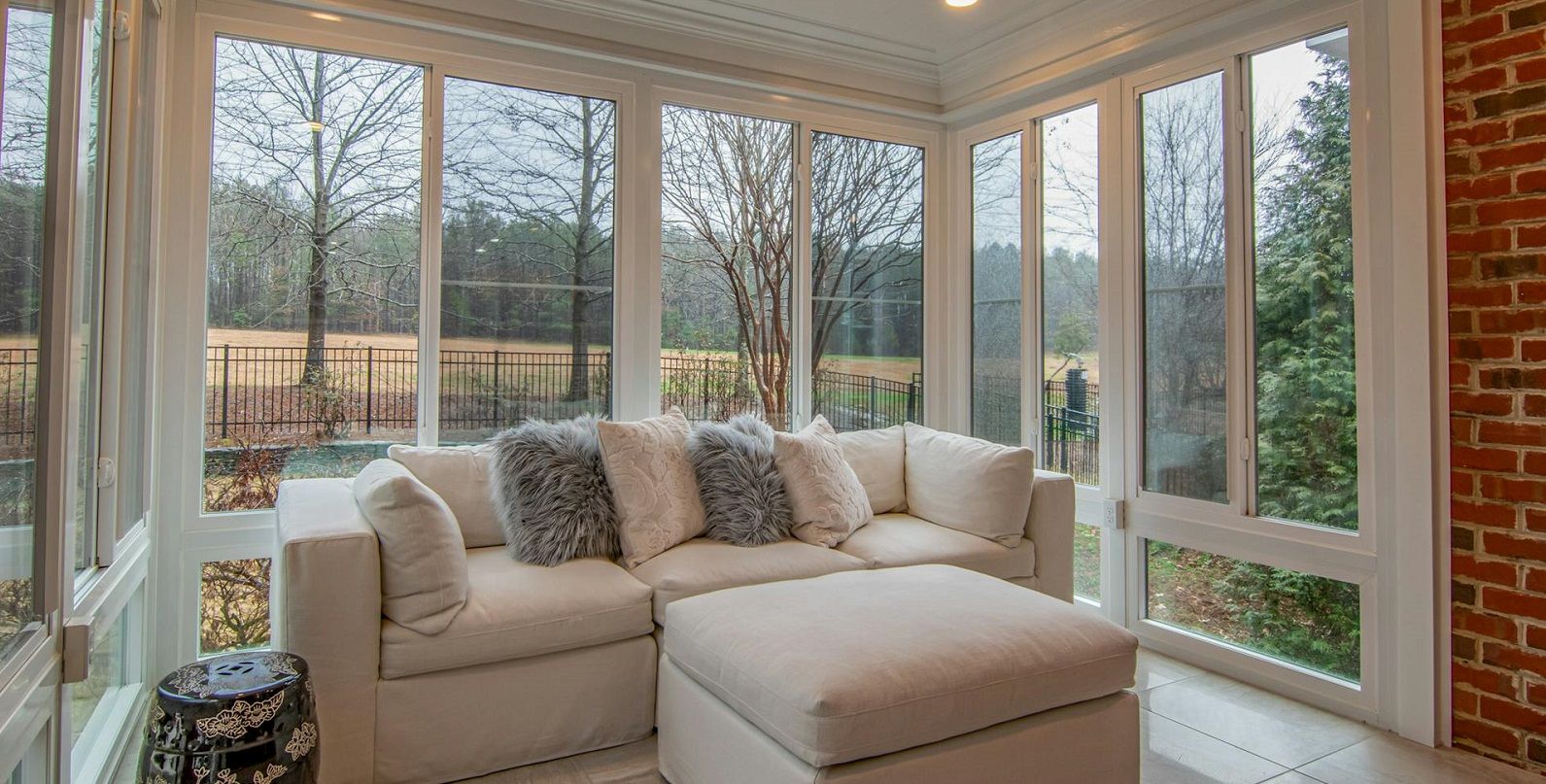David Wood Window Tinting
2875 Jupiter Park Dr, Suite 2200
Jupiter, FL 33458
Phone: (561) 575-6114
CustomerService@DWTint.com
Monday - Friday: 8:00am - 5:00pm
Saturday - Sunday: CLOSED
Appointments Highly Recommended
CALL US: (561) 575-6114
DAVID WOOD WINDOW TINTING
2875 Jupiter Park Dr #2200
Jupiter, FL 33458
CALL: (561) 575-6114
Window Tint Law: Is Window Tinting Legal in My State?
Window tinting can be helpful for many reasons, but is it legal in your state? Check our article on window tint law by state before sending your vehicle in.
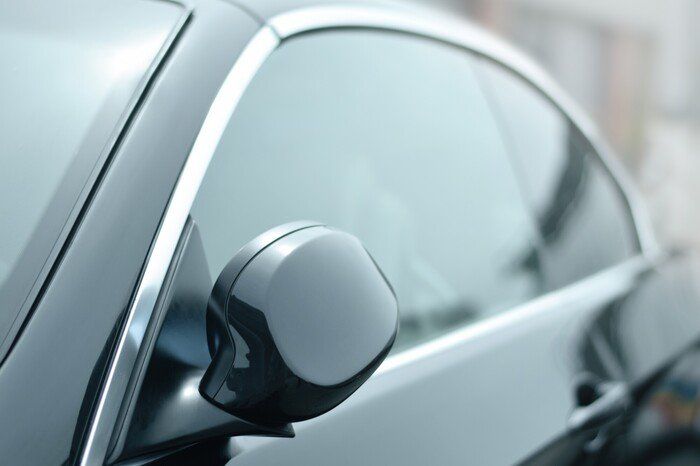
Are you considering tinting your car windows? It's a great idea given that most cities in Florida, the Sunshine State, get well over 200 days of sun every year.
You might be tempted to choose the darkest possible window tint to get the most out of these sun-blockers, but you need to do a bit of homework first. Every state in the country has a different window tint law, and having an illegal tint could cost you a significant amount of time and money.
Read on to learn all about Florida's window tinting laws and how they can affect you.
How Does Window Tint Work?
Before you can dive into choosing a legal window tint, you need to understand how window tints work and how they're measured.
A car window tint is a thin piece of flexible polyester affixed to a car's window. Dye, metallic coating, or nanoceramic particles give them their darker color and shade you (and the interior of your car) from the sun.
All window tints receive a percentage rating. This measures the amount of visible light transmission (VLT) that's allowed to pass through your car's windows. For instance, a tint rated at 20% will block 80% of light transmission.
This means that darker tints will always have a lower percentage rating.
Florida Window Tint Law
Now that you know how window tint percentages work, you can understand their legal requirements. Florida legislature first passed tint laws in 1991 and has continually updated them.
Windshield
The only part of the windshield you're legally allowed to tint is above the AS-1 line. This refers to the top five inches of the windshield. Tints in this area must be non-reflective.
Front Side Windows
These are the windows you're most concerned about since tints here will offer you shade as you drive. Front side window tints must have a rating of 28% or higher.
Back Side Windows
Your passengers can have a little more sun protection. Tints in this area must have a rating of 15% or more.
Rear Window
Your car's rear window must conform to the same standards as the back side windows. You'll need to get a tint that lets in 15% or more VLT. Also, note that cars without side mirrors cannot tint these windows.
Other Distinctions
Floridians are subject to a few other tint laws in addition to the ones that govern VLT.
You're forced to choose a standard gray tint or a clear tint. Colored tints aren't allowed.
You'll also need to put a sticker with your tint information on the driver's side door jamb. It should include the installer's name and the type of material used in the tint.
Exemptions
If you suffer from a medical condition that forces you to limit your exposure to sunlight, you can apply for a medical waiver. These conditions include lupus, albinism, vitiligo, dermatomyositis, xeroderma pigmentosum, and other autoimmune disorders.
The waiver allows you to use darker tints than the legal limit. It's non-transferable, so you'll have to apply for a new waiver if you get a new car.
To receive a waiver, you'll have to fill out an application and include a statement from a certified physician.
What Happens to Illegal Tints
The penalty for using an illegal tint in Florida is quite steep. If you're pulled over and found to be using an illegal tint, expect to receive a ticket of around $116.
You might get separate tickets for each individual window using an inappropriate tint and receive a court order to remove them.
Police use a device called a VLT meter to measure window tints. It will quickly show them whether or not your tints are in compliance. Keep in mind that using an illegal tint is grounds for the officer to search your car.
Choosing a Window Tint
Choosing a window tint can be difficult. You'll have plenty of options within the legal range.
Consider the Benefits
The benefits of window tinting are extensive. All of them will provide shade from the sun, but certain tint percentages offer more in-depth protection.
Health Benefits
Window tints can be good for your health. Due to Florida's sunny climate, Floridians experience a higher risk of skin cancer. Window tints can help reduce your risk by blocking the sun's UV rays.
Tints of all kinds can achieve this, but darker tints that block more light are more effective.
Keep Your Car Cooler
All tints can help contribute to a cooler car interior by blocking the sun, but higher-end tints offer even more protection. These tints feature a special coating that can block infrared radiation.
You might even notice increased fuel economy due to needing to use your air conditioner less often.
Privacy
Darker tints are harder to see through from the outside. You and your passengers will have more privacy.
The privacy tints offer can help reduce the risk of a car break-in. A thief won't be able to see if there are valuables in your car, so they'll likely leave it alone.
Think About Your Car's Aesthetic
Most window tints will change the way your car looks. Some prefer the appearance of darker tints and enjoy the sleek look they offer. Others would rather preserve their car's stock appearance.
Your Driving Experience
Unless you opt for a clear tint or a very light tint, window tints will alter your driving experience.
Usually, this is a good thing. Tints can dramatically reduce glare, which makes it easier to see on sunny days.
However, darker tints can take some time to get used to and can sometimes lower your visibility.
Tints From David Wood Window Tinting
Window tints are perfect for someone who lives in a sunny climate. They can reduce your risk of cancer, cut down on glare, and keep the interior of your car cooler.
When shopping for window tints, be sure to follow Florida's window tint law.
Ready to get your window tints? David Wood Window Tinting is here to help. We're a Llumar SelectPro dealer which means our films are the best on the market.
Contact us to get your free estimate today.
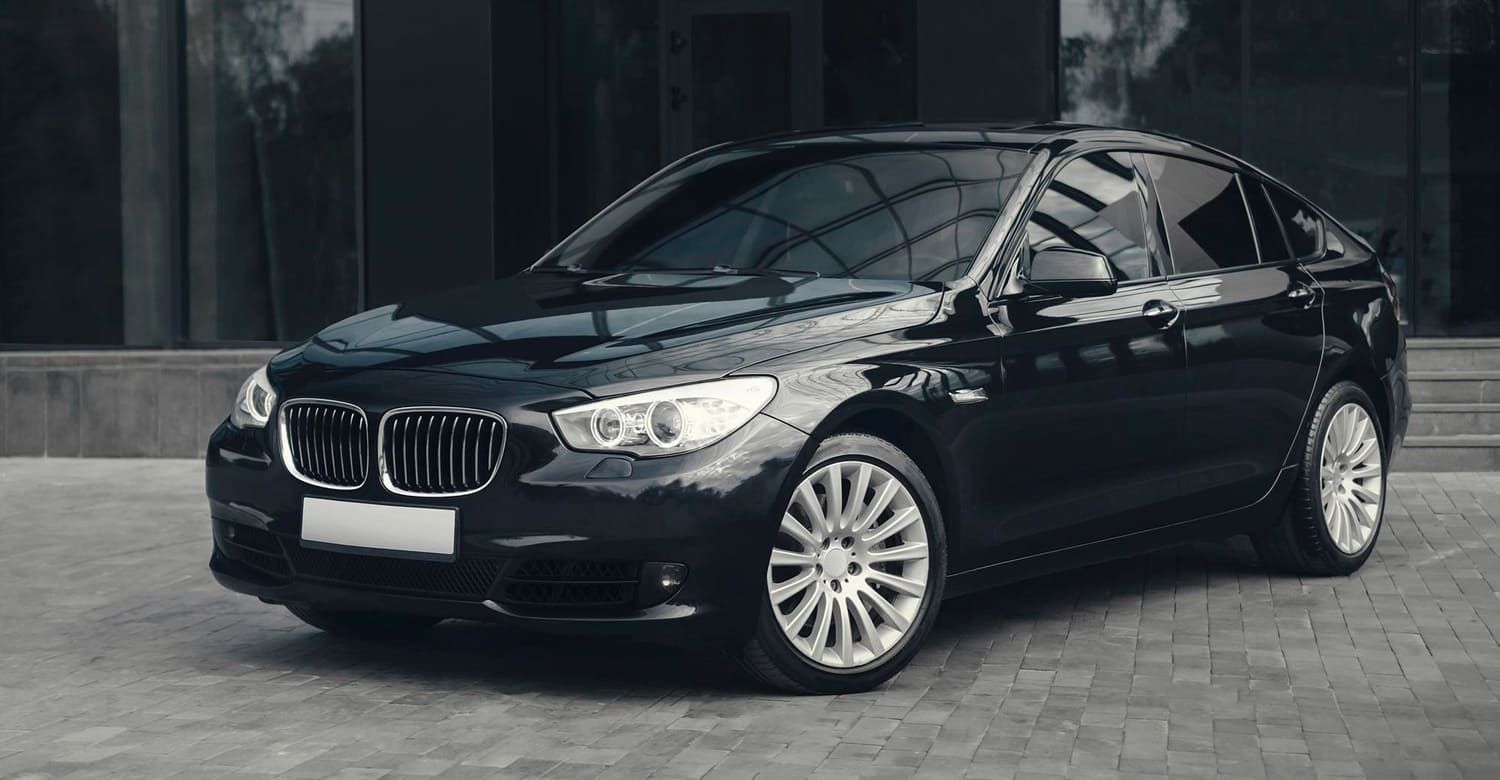
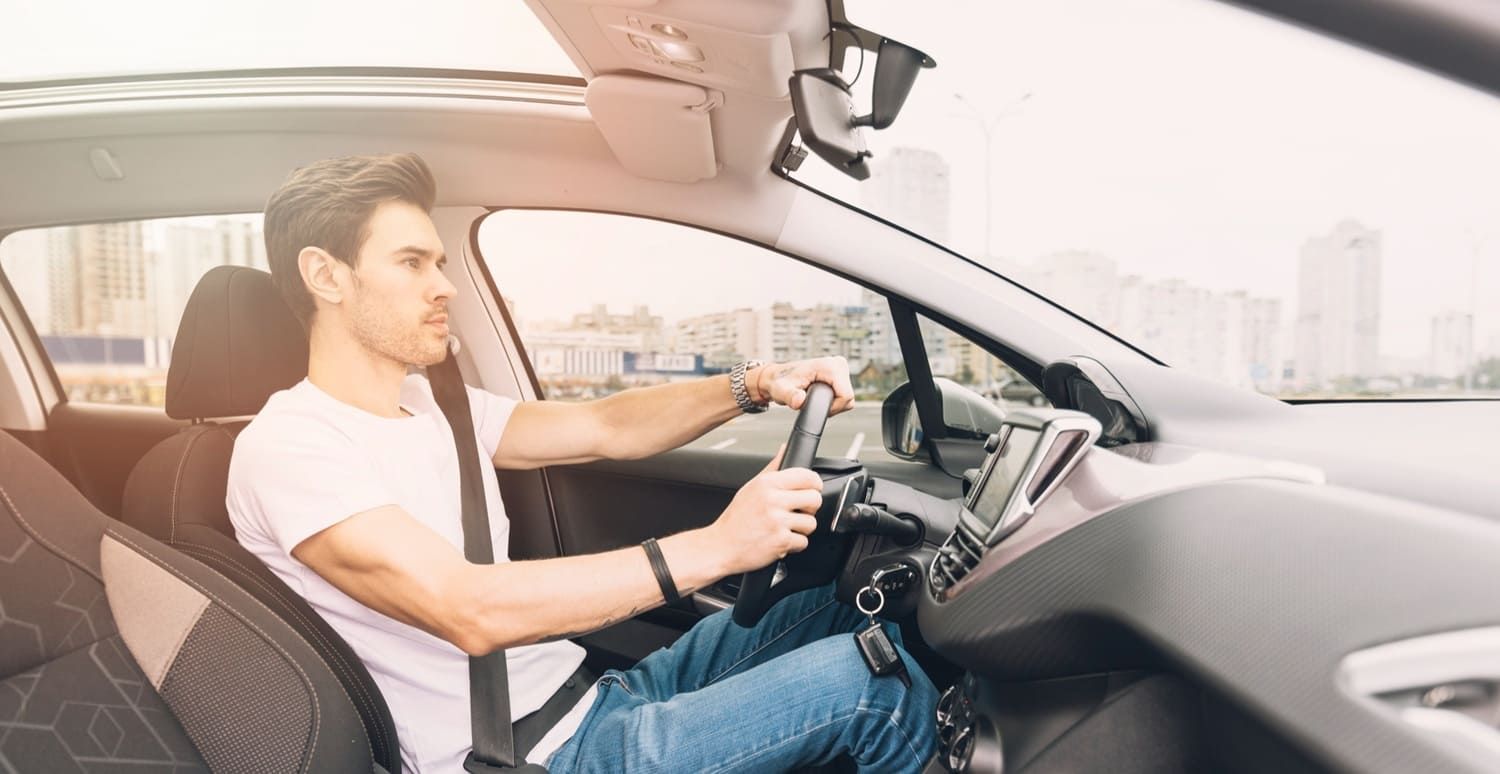
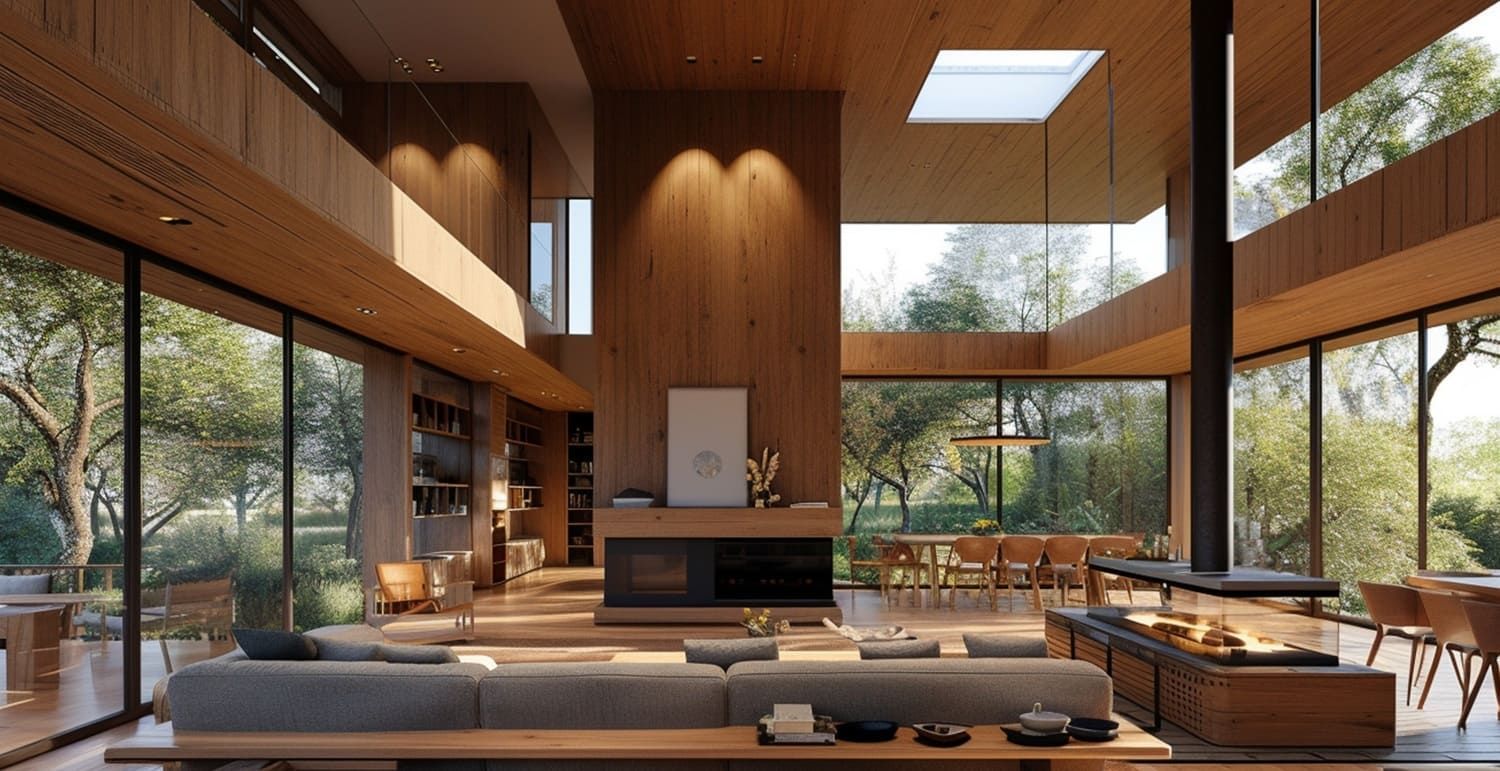

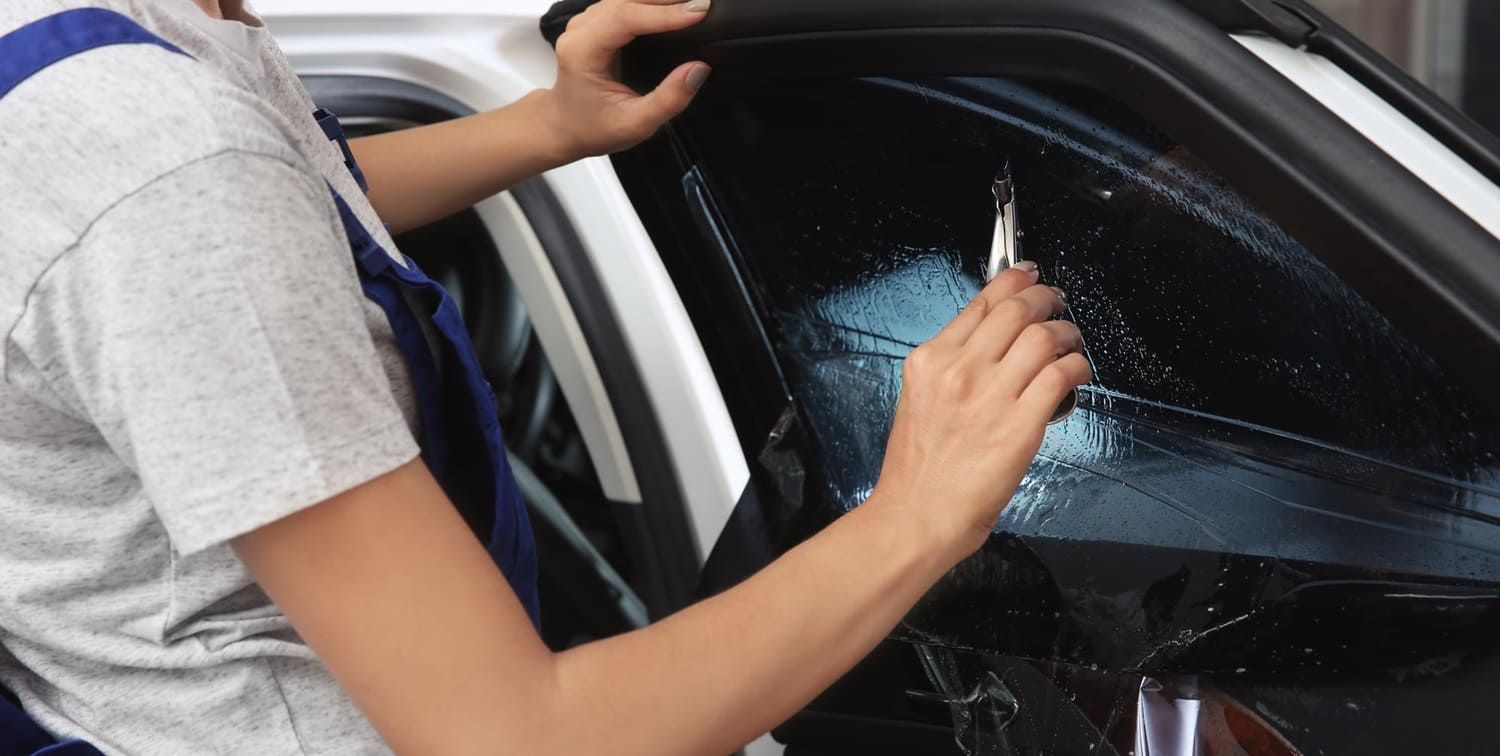
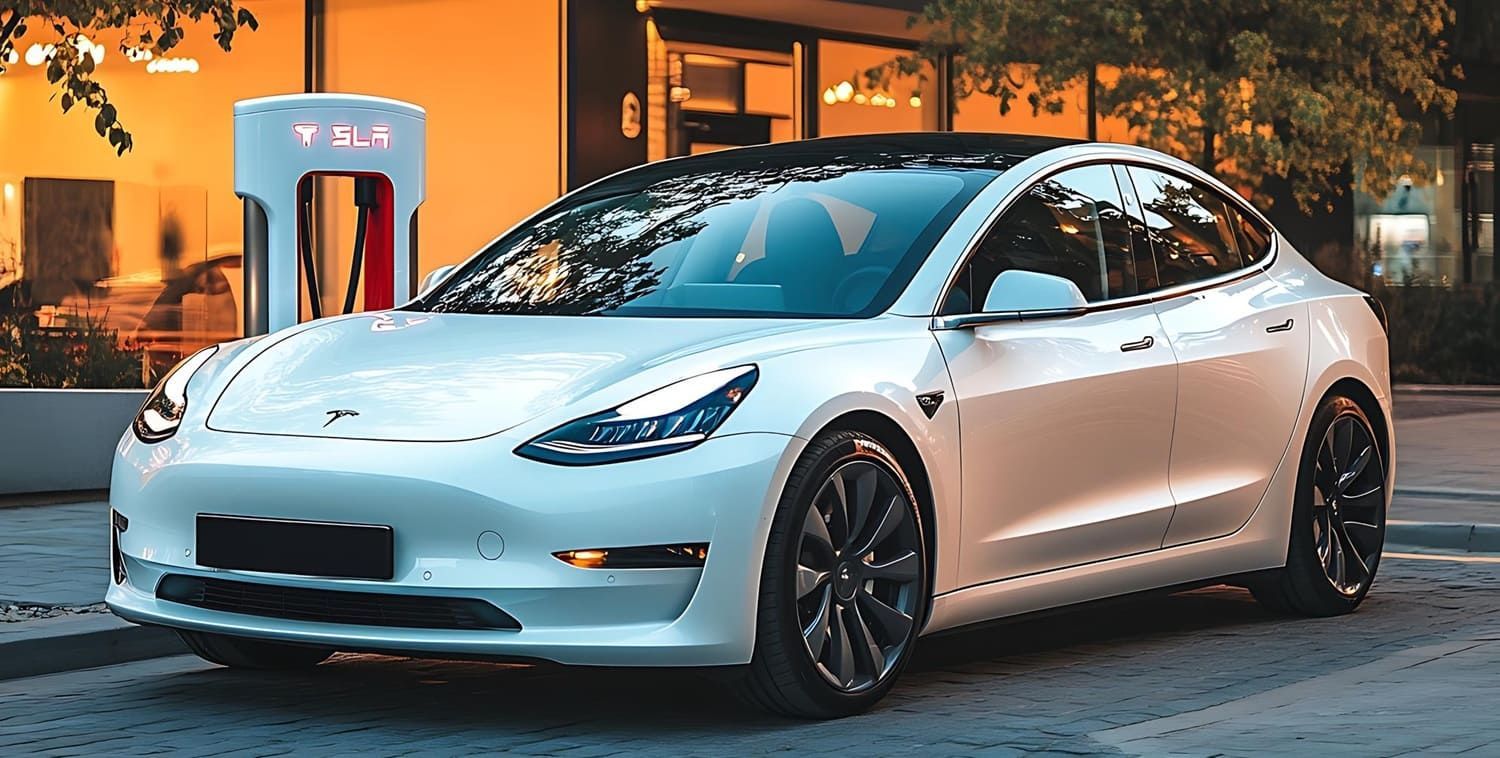

Palm Beach County'S #1 WINDOW FILM INSTALLERS
Business Hours
Monday - Friday: 8am to 5pm
Saturday - Sunday: CLOSED
All Rights Reserved | David Wood Window Tinting



